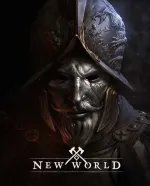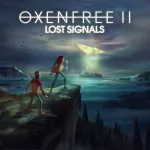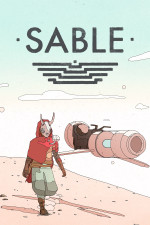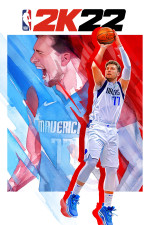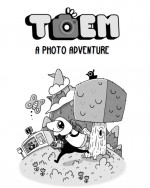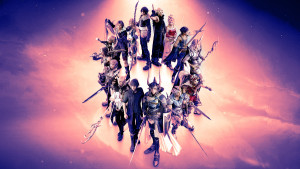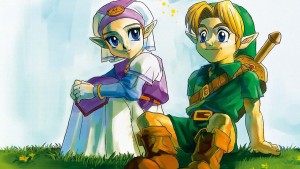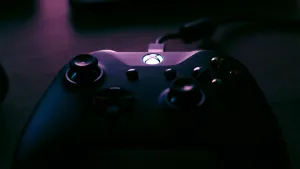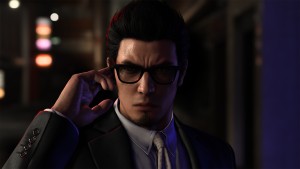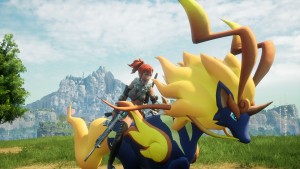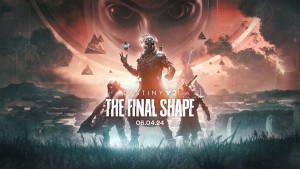New World Launch Impressions And Netflix Getting Into Games | GI Show
We're back with another scorching episode of The Game Informer Show! This week, we're breaking down our launch impressions of Amazon's exciting new MMORPG New World and discussing what we think of Netflix purchasing Night School Studio, the developers behind Oxenfree and Afterparty. That's not all though, as our amazing crew of Dan Tack, Kimberley Wallace, and Jill Grodt are here to chat about Sable, NBA 2K22, and get a little wild during another fun round of community emails!
Follow the crew on Twitter: Alex Stadnik (@Studnik76), Alex Van Aken (@itsVanAken), Dan Tack (@DanTack), Kimberley Wallace (@kstar1785), Jill Grodt (@Finruin)
The Game Informer Show is a weekly gaming podcast covering the latest video game news, industry topics, exclusive reveals, and reviews. Join hosts Alex Stadnik and Alex Van Aken every Thursday to chat about your favorite games – past and present – with Game Informer staff, developers, and special guests from all around the industry. Listen on Apple Podcasts, Spotify, or your favorite podcast app.
Check out the timestamps below to jump to a particular point in the discussion:
00:00:00 – Introduction
00:04:12 – Netflix Purchases Night School Studio
00:17:10 – New World Launch Impressions
00:35:08 – Sable
00:48:29 – NBA 2K22
01:04:55 – TOEM
01:10:11 – Housekeeping
01:14:58 – Listener Emails
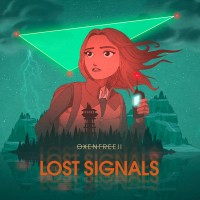
News:
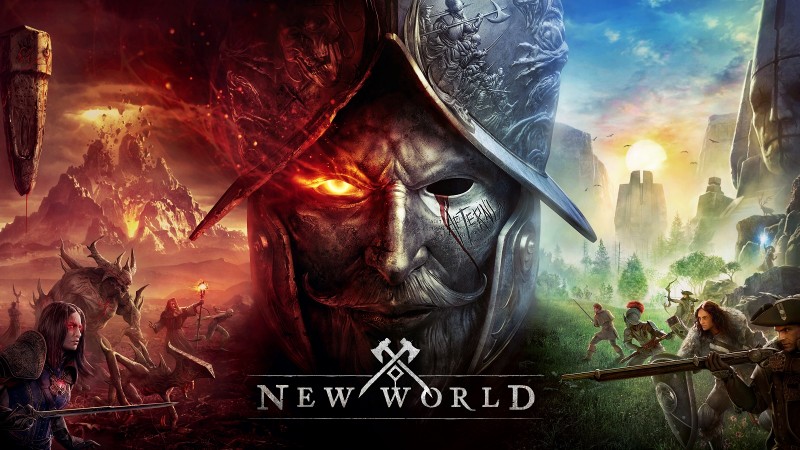
Topic Of The Show:
The one and only Dan Tack is here to impart his MMO wisdom and discuss his first 20 hours in Amazon's latest title New World. We talk about the game's highs, including its focus on survival, the return of social aspects, and the fun of taking over territories and PVP. We also go over some of the glaring issues with the game, including the combat and whether or not the endgame will keep players engaged long after launch week.
Check out Tack's written impressions here.
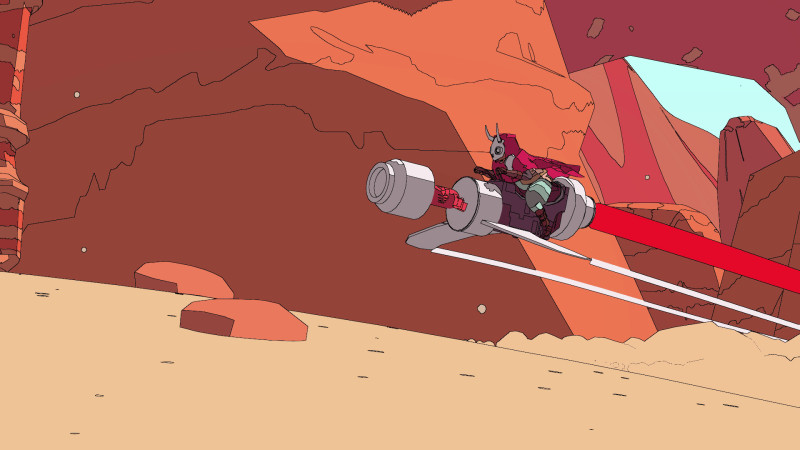
The Playlist:
While this week may not contain the onslaught of titles like earlier in September, that doesn't mean there aren't games to talk about. We finally have Jill on to chat about her time with Sable, developer Shedworks' beautiful new exploration game that tasks players with roaming a derelict sci-fi desert while not burdening them with an overabundance of quests and filler. After the Kim "KStar" Wallace is here to fill us in on her escapades through NBA 2K22, where her MyCareer character is now a fashion icon and runs errands for the rapper The Game Finally, Alex Van Aken caps the section off with his time playing TOEM, the beautiful picture-taking game from developer Something We Made!
Read our Sable review here.
Listener Questions:
This week's listeners ask the GI crew the hard questions. Such as which video game characters deserve their own movie and who should play them, what leads to gaming fatigue, and what's the best way to market a video game?
Read their questions below, or submit your own via the Official Game Informer Community Discord or by emailing us at Podcast@GameInformer.com:
I was recently turned on to your show. I really like your work, other than sometimes one of the hosts lets his big man swag get to his head. With the voice cast released for the upcoming Mario movie, it's got me very excited. I really enjoyed the casting of Charlie Day as Luigi, two people I relate to a lot. This got me thinking what video game characters would you like to see hit the big screen and who should play them? It can be live-action or animated. Bonus question: What is something you hate or love about Alex Stadnik, and you can't tell him which one it is. - Evan McLaughlin
I did it. I just finished the Mass Effect Legendary Edition, and I've been playing since the game was released back in May. I know, I know, give me a break. I have an infant at home, and a demanding job, so I'm lucky to get 10 hours of gaming in per week. Having the trilogy play as one seamless and cohesive experience makes for such a deeper impact on the story and characters. I absolutely loved playing this game again, but man, was it long! I was so ready to be done like 30 hours ago, and now I'm so behind on all the other games I've wanted to play. This brings me to my question about this thing called Gaming Fatigue. I feel like there was a time during my childhood and college days, where I would've loved a 100+ hour game, so why am I experiencing this fatigue now? Is it a result of having limited time, or is this seemingly high demand for new video games and content so pervasive now that I feel I need to move quickly from one game to the next? This same fatigue made me want to be done with a beautiful game. I rushed through content and meaningful conversations just to get through it more quickly, and I don't like that I did that. Can we talk about this conundrum?? -Taylor Whitt, Nashville, TN
It's been some time since I've written into the show, and I wanted to start off by congratulating Alex S. and Alex V. on the fantastic job they're doing since taking the reins of the show. I love the energy and the new direction of the podcast, and it has been a pleasure to listen to the show over the past weeks under the new management (hats off to Reeves as well for the fantastic job he did with the show previously). My question comes following some pointed commentary from the gaming community on social media towards games marketing cycles for recently released titles Kena: Bridge of Spirits and Deathloop. In the case of Kena, there was much hand wringing and complaining about the lack of marketing for the game. I saw many comments that there wasn't enough of the game shown and not enough being done to push the game leading up to the launch. In stark contrast, I saw an equal, if not higher, amount of complaints that Arkane's Deathloop was over-marketed and that they "Showed too much" of the game since it was first revealed last year at Sony's PS5 premier event. My question to the panel is this - what is the right way to market a game? It seems that gaming companies can't win with the audience, and I rarely hear a marketing cycle praised for doing it right. It's either too over-marketed or too undermarketed or pushed for too long or out of touch with the fans or some other complaint. Is there a right way to market a game that will appeal to fans without rubbing the intended consumers the wrong way? Lastly, what is the best example of a marketing cycle that you've seen that you think more companies should follow when bringing their games to the public? - Wes Bates, Woodland, CA

